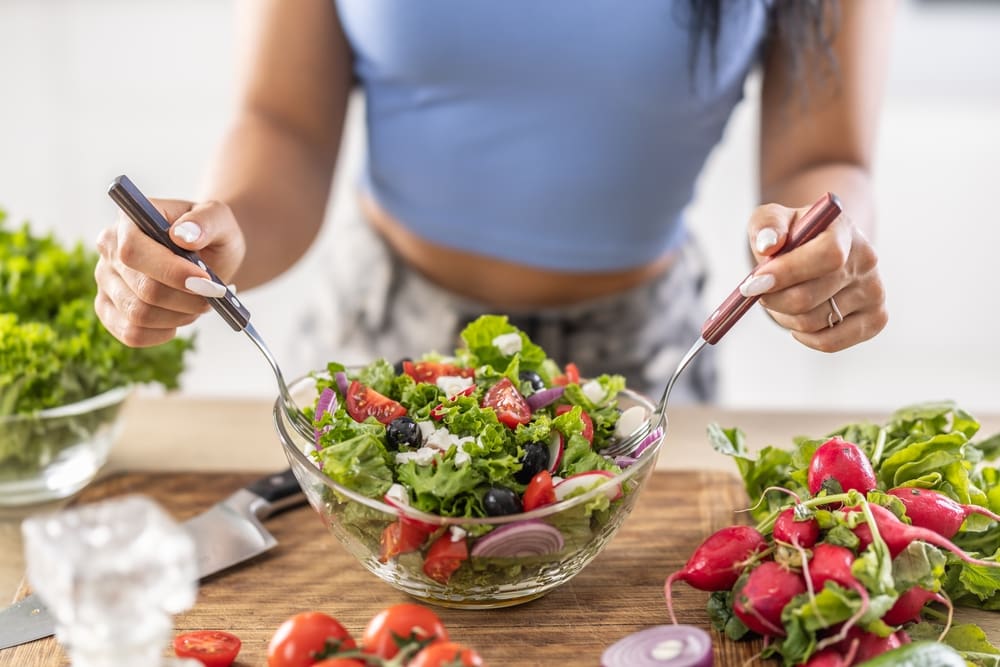For many women, the menstrual cycle comes with various uncomfortable symptoms like PMS, cramps, and hormonal acne. Seed cycling is a dietary approach gaining attention as a natural way to manage these symptoms and support hormonal balance.
What is seed cycling?
Seed cycling involves consuming specific seeds at different menstrual cycle phases to regulate hormones. The practice suggests that flax and pumpkin seeds should be eaten during the first half of the cycle and sesame and sunflower seeds during the second half. These seeds are believed to provide nutrients that support hormone production and alleviate menstrual symptoms.
How to implement seed cycling
Starting seed cycling is simple:
- During the menstrual and follicular phases (days 1-14), consume 1-2 tablespoons of flax and pumpkin seeds daily.
- During the ovulatory and luteal phases (days 14-28), switch to 1-2 tablespoons of sesame and sunflower seeds daily.
Seeds can be added to salads, smoothies, or any meal of your choice. It’s recommended to grind the seeds for better nutrient absorption and to store them in the freezer to maintain freshness.
Benefits of seed cycling
While anecdotal evidence suggests benefits such as reduced PMS symptoms and hormonal acne, scientific research is limited. Seed cycling is generally safe, but individuals with seed allergies or certain gastrointestinal conditions should avoid it. Consultation with a health care provider before starting seed cycling is advised, especially for those with serious health conditions.
Patience is key
It may take one to three menstrual cycles to notice any benefits from seed cycling. Consistency and a holistic approach to health, including proper sleep, stress management, and hydration, are essential for the best results.
Seed cycling is not a cure-all solution but may serve as a complementary practice to support hormonal health alongside other treatments and lifestyle choices.





